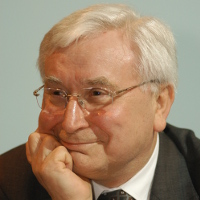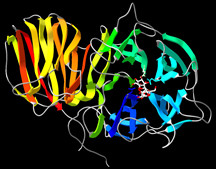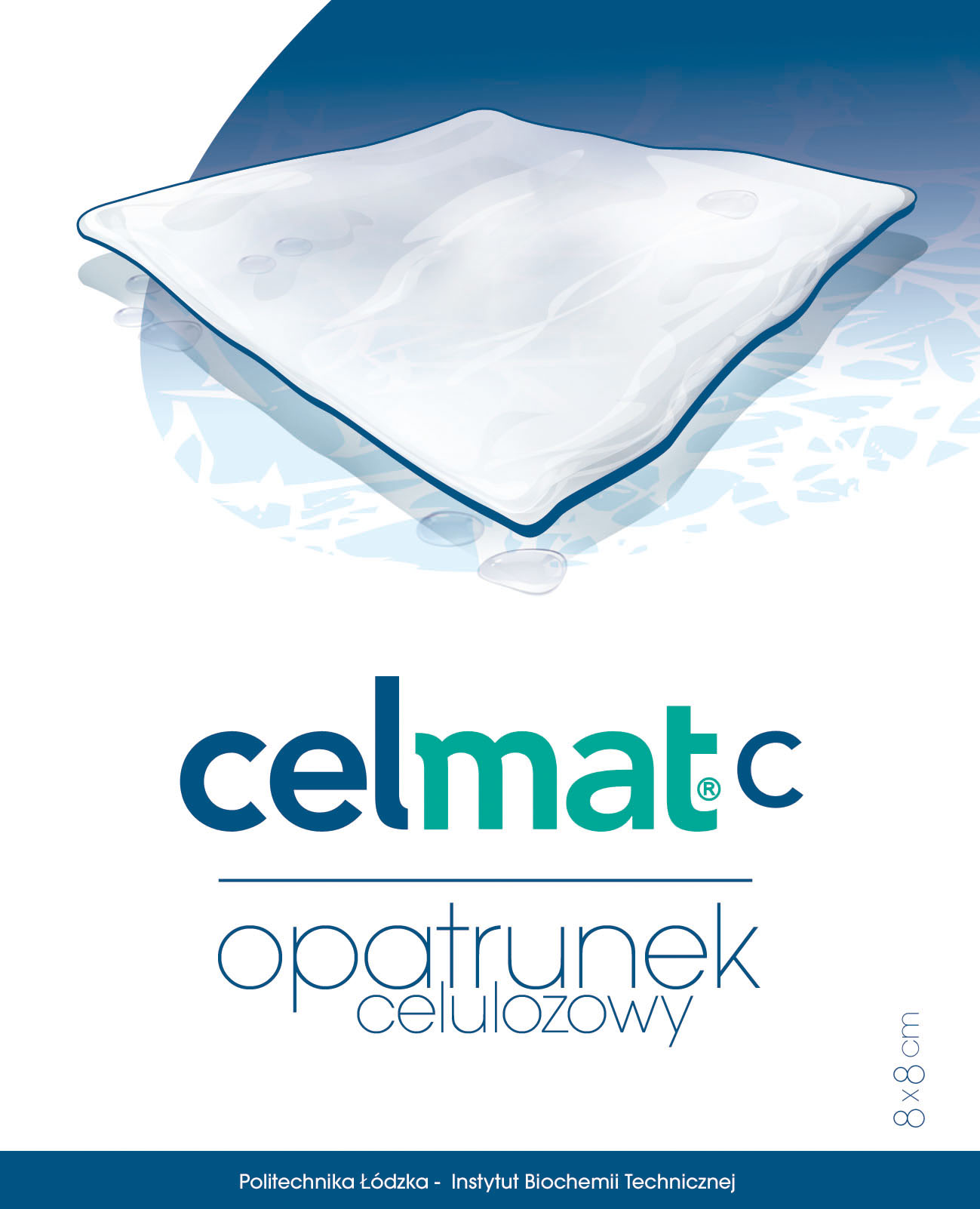prof. dr hab. inż.
Stanisław Bielecki

ul. Stefanowskiego 4/10
90-924 Łódź
(042) 63 13 442
stanislaw.bielecki@p.lodz.pl
Science
At the beginning of my scientific carrier I was interested in biopolymers of the yeast cell wall and next in the application of the microbial lytic enzymes for depolymerization of the cell wall of different live microorganisms. At present my studies have been mainly focused on biocatalysis, industrial biotechnology, molecular engineering of biocatalysts, biocatalysis in noncoventional environments, enzymatic synthesis of oligosaccharides and biopolymers with emphasis on microbial cellulose.
At present my studies have been mainly focused on biocatalysis, industrial biotechnology, molecular engineering of biocatalysts, biocatalysis in noncoventional environments, enzymatic synthesis of oligosaccharides and biopolymers with emphasis on microbial cellulose.
Recently together with my group I have developed a process of directed microbial cellulose biosynthesis by Gluconacetobacter xylinus. The chemical and biological modifications of microbial cellulose were and still have been the subject of our studies. Based on our own results the process of production of wound dressing materials, hernia mesh, tubes and different implants from bacterial cellulose was established in our pilot plant. The clinical trials of application of cellulose wound dressing materials were carried out in many Polish hospitals and medical centers with very satisfactory results. At present preclinical trials on internal use of medical devices from cellulose such as hernia mesh or other implants have been conducted.
The clinical trials of application of cellulose wound dressing materials were carried out in many Polish hospitals and medical centers with very satisfactory results. At present preclinical trials on internal use of medical devices from cellulose such as hernia mesh or other implants have been conducted.
Our studies on microbial cellulose are characterized by both engineering and molecular approaches and use the most modern laboratory devices and analytical methods. In recent years, studies on microbial cellulose, also known as bionanocellulose, have focused on pro-commercial and implementation aspects and were crowned with a success. A pilot technological line was constructed in the Institute of Technical Biochemistry, and microbial cellulose wound dressings CelMat received relevant certificates. The know-how related to the technology of bionanocellulose fabrication was sold to the company Bowil Biotech Ltd. in Władysławowo (Poland).
Investigations on bionanocellulose biosynthesis have been further conducted and their scope has been increasing. The genome of bacterial strain Gluconacetobacter xylinus E25, which is the bionanocellulose producer has been sequenced. Multiple -omic studies conducted by a bionanocellulose group of researchers aim at intensification of its biosynthesis and obtaining novel products to be used e.g. in medicine.
The new results of studies and new applications of BC have been shown in this presentation (pdf).
 Improvements of Gluconacetobacter xylinus nanocellulose production process
Improvements of Gluconacetobacter xylinus nanocellulose production process
Pragnę poinformować również o nowych osiągnięciach badawczych prowadzonych przez moich ścisłych współpracowników:
-
 Struktura krystaliczna formy apo β-fruktofuranozydazy z Bifidobacteium longum i jej kompleks z fruktozą
Struktura krystaliczna formy apo β-fruktofuranozydazy z Bifidobacteium longum i jej kompleks z fruktozą
-
 Ważniejsze wyniki naukowe
Ważniejsze wyniki naukowe
-
 Biosynteza, oczyszczanie i charakterystyka β-fruktofuranozydazy z Bifidobacterium longum
Biosynteza, oczyszczanie i charakterystyka β-fruktofuranozydazy z Bifidobacterium longum
-
 Enzymatic biodiesel synthesis – Key factors affecting efficiency of the process
Enzymatic biodiesel synthesis – Key factors affecting efficiency of the process
-
 Bifidobakterie i stymulujące ich wzrost fruktany typu inuliny
Bifidobakterie i stymulujące ich wzrost fruktany typu inuliny
-
 β-fruktofuranozydaza – właściwości, struktura i zastosowanie
β-fruktofuranozydaza – właściwości, struktura i zastosowanie
-
 Improvements of Gluconacetobacter xylinus nanocellulose production process
Improvements of Gluconacetobacter xylinus nanocellulose production process

ul. Stefanowskiego 4/10
90-924 Łódź
(042) 63 13 442
stanislaw.bielecki@p.lodz.pl